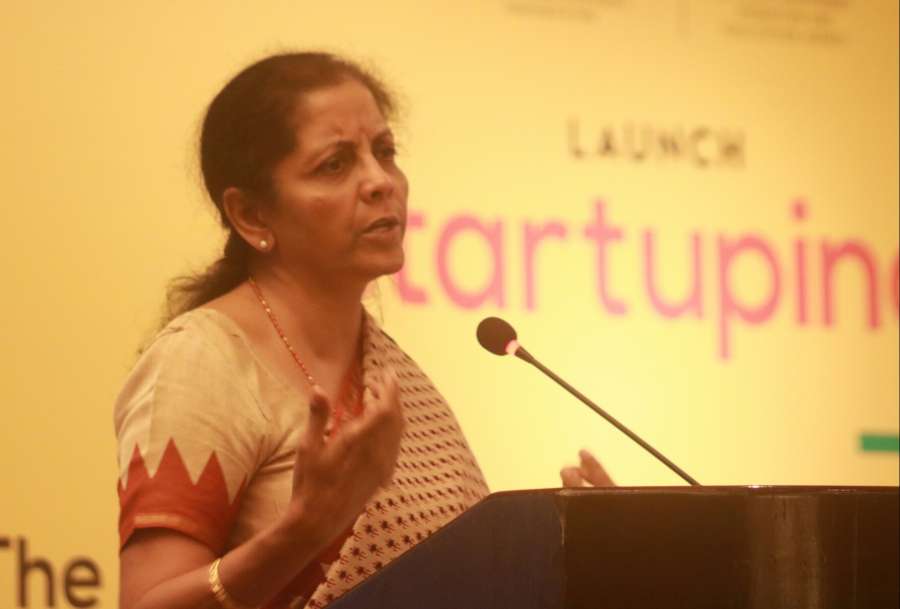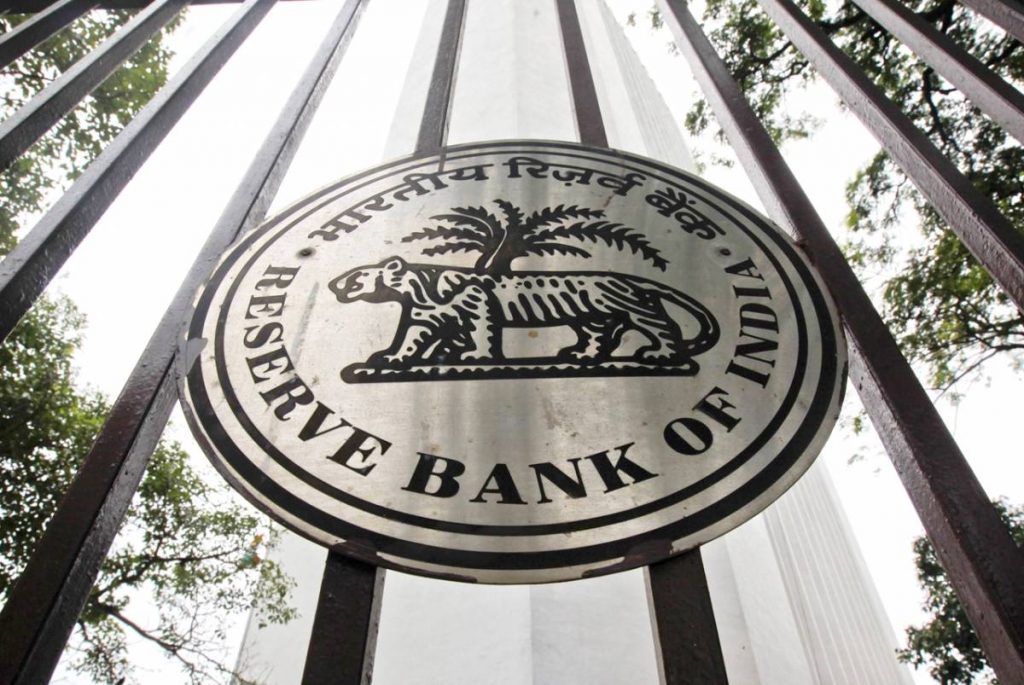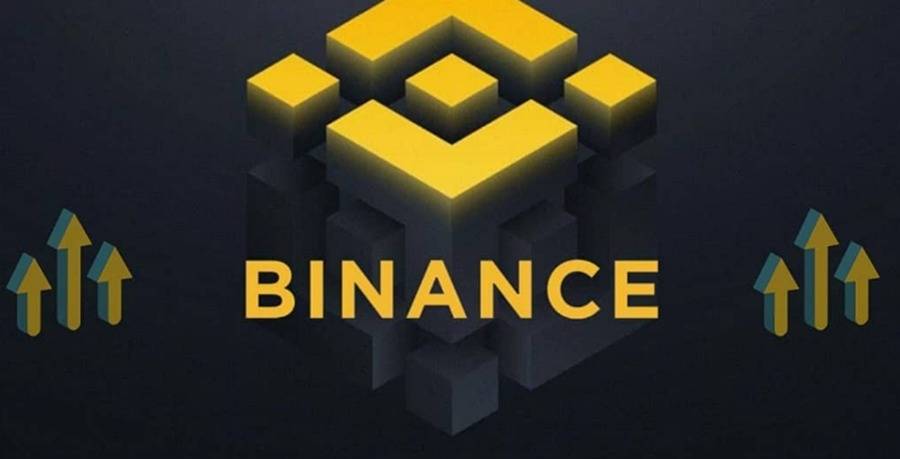The use of crypto assets and cryptocurrencies actually present a very difficult situation for the law enforcement agencies to track down the attribution of a particular cyber act from the Dark Net…reports Nishant Arora
As we navigate through the debate on crypto’s future in India, mere imposing a 30 per cent tax on digital assets is not enough as money laundering and hawala-based transactions are growing significantly via cryptocurrencies on the Dark Web, putting India’s national security at risk, warn experts.
A Supreme Court bench observed last week that offence of money laundering is a more “serious and heinous crime than murder” as it hampers the entire economy.
Even non-fungible tokens (NFTs) are now prone to money laundering. According to a report by Blockchain data platform Chainalysis, a small but growing portion of activity on NFT marketplaces could be attributed to money laundering.
“While money laundering in physical art is difficult to quantify, we can make more reliable estimates of NFT-based money laundering thanks to the inherent transparency of the Blockchain,” the report said last week.
According to legal and cyber law experts, the crypto ecosystem is becoming a fertile ground for cyber criminals.
“This is so as these crypto-assets and cryptocurrencies are all based on Blockchain and, therefore, are now being extensively used on the Dark Web for the purposes of perpetuating various cyber-criminal activities,” Dr Pavan Duggal, a seasoned Supreme Court advocate and a cyber law expert, told.
Bitcoin and other cryptocurrencies have become the de-facto currency on the Dark Web.
The use of crypto assets and cryptocurrencies actually present a very difficult situation for the law enforcement agencies to track down the attribution of a particular cyber act from the Dark Net.
“This entire Blockchain-enabled tech is going to present a huge amount of challenges for nations, including India,” said Duggal.
While clearing some air on taxation regarding digital assets, the absence of a detailed Crypto Bill is making the overall situation even harder to assess especially on the illegal use of cryptocurrencies, feel experts.
New Delhi-based cyberlaw expert Virag Gupta said that as Web 3.0 unfolds, crypto assets will gain tremendous traction.
“It will change the landscape of financial frauds and crimes since digital assets are safe haven for criminals. Digital assets can be misused by drug traffickers, militant organisations, hawala operators and money laundering players. It poses a serious threat to national security and huge challenges to the security agencies in India,” Gupta told.
India is not prepared for the new wave of Blockchain-based cyber crimes.
“Not only is money laundering going to massively increase but more significantly, the cryptocurrencies are also going to be used for cyber terrorism and cyber radicalisation,” said Duggal.
Cyber security expert Jiten Jain said that despite the government levying 30 per cent tax on digital assets including NFTs, the crypto/NFT market will boom and a lot of companies may attempt to scam innocent people who do not have much technical knowledge by showing them a mirage of hefty gains.
Another headache for the Indian law enforcement agencies is that the coverage of crypto-based tech crimes under the Indian cyberlaw is hardly existing.

“We have to realise that if we do not take effective appropriate steps fast, this crypto-based tech is going to be extensively used by terrorists for the purpose of targeting the sovereignty, security and integrity of India,” warned Duggal.
It is time that the legal frameworks need to be appropriately amended so as to enable the coverage of crypto or Blockchain-based technology and its misuse.
According to Prime Minister Narendra Modi, democratic nations should work together on cryptocurrencies to ensure it does not end up in the wrong hands.
“Take cryptocurrency or Bitcoin for example. It is important that all democratic nations work together on this and ensure it does not end up in the wrong hands, which can spoil our youth,” he said during a virtual keynote address at the Sydney Dialogue organised by the Australian Strategic Policy Institute last November.
Over Rs 4,000 crore of illegal transactions via cryptocurrency exchanges were unearthed by the Enforcement Directorate (ED) in India in the last one year, reports said in the same month last year.
Grave concerns were raised over the misuse of digital coins on the Dark Web for terror acts and drugs trafficking by militant organisations, and for money laundering and hawala-based transactions — posing a serious threat to national security and a big challenge to the security agencies in the country.
“After the Union Budget 2022-23, top officials have cautioned the investors about the risks involved but ignored risks from underworld operations and the money-laundering syndicate,” said Gupta.
The time is ripe to come up with more holistic approach in this regard so that India can not just take the best benefits out of the crypto-based technology but also have appropriate enabling legal frameworks to effectively regulate the misuse of blockchain based tech for the purposes of committing cybercrimes and cyber security breaches, said experts.
ALSO READ-Survey shows demand for regulatory focus on cryptocurrency













